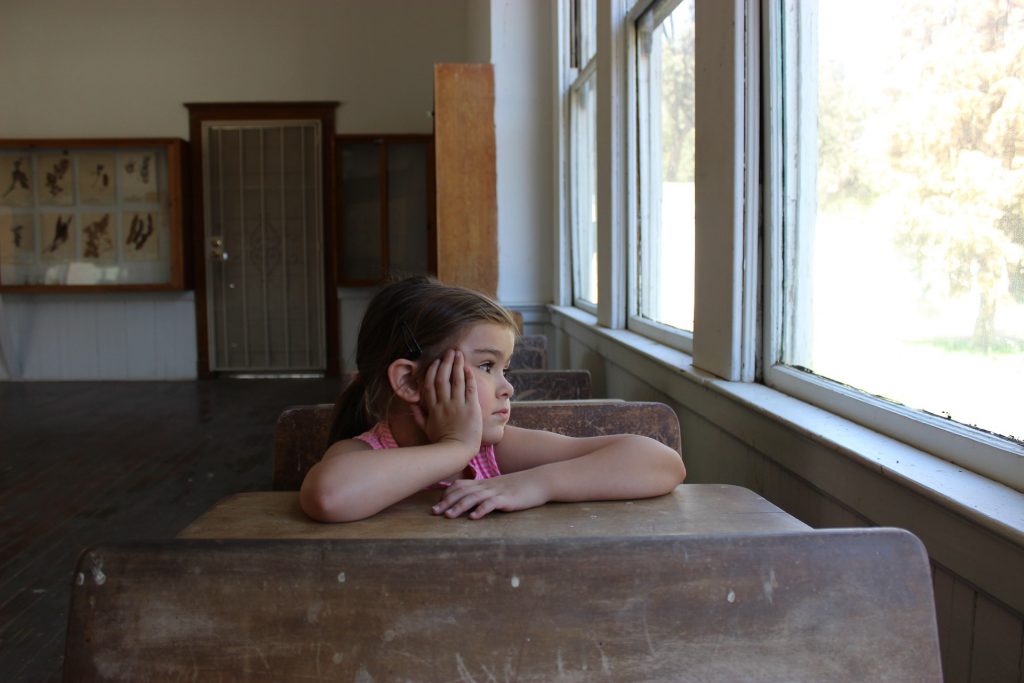Food allergies in children are are often associated with peer-bullying, and can lead to disastrous results as with the case of Karanbir Cheema. Cheema was a teen from the UK with a severe dairy allergy. He was reportedly chased down by a classmate who hurled cheese down his shirt. Cheema began breaking out in hives and had difficulty breathing. He was rushed to the hospital but died two weeks later due to complications of the reaction. .
This form of bullying is not uncommon. According to FARE, food allergy research & education, about one-third of kids with food allergies report that they have been bullied because of their allergies. Children in the classroom are made aware of their classmates’ food allergies and then use it against them. But kids don’t understand how dangerous allergies are. In the case of Karanbir Cheema, this bullying cost him his life. NY Allergy & Sinus Centers wants to warn everyone about the dangers of allergies and bullying, and provide tips for parents on how to handle these types of situations.
Encourage Communication With Adults
Many forms of bullying go unreported. Students are often afraid to report bullying out of fear of retaliation or not being liked by other classmates. However, it’s important to encourage your child to speak up in these situations. Whether they are the one being bullied or they witnessed another child being bullied, talk to your child about the importance of reporting it to a trusted adult. Staying silent can result in negative consequences.
Students Should Have Access To Epinephrine At All Times
If your child suffers from food allergies, they should always carry an epinephrine auto injector. Make sure it is in their bag every morning before school. Also, check with the school to see if they have epinephrine on hand in case of emergencies. Classrooms and clinics should be stocked with epinephrine; and if not, talk to administration and explain the importance of being prepared.
Educate Other Parents About The Dangers Of Allergies
It’s good to be involved in school activities or events. Joining the Parent-Teacher Association allows you to voice your opinions and suggest changes at school. You can also educate other parents and teachers about allergies so they know how to talk to their students and children about them. Teach them about the reality of food allergy bullying and the consequences that follow.
Join A Support Group
When you need more support or just want to connect with other members in your community that suffer from allergies, join a support group. There are groups for parents and children that will help you through every difficult situation. If you’re not sure how to deal with bullying, ask others in the support group about their experiences. There is always someone who will understand you.
Contact NY Allergy & Sinus Centers
The allergists at NY Allergy & Sinus Centers have over 20 years of experience in allergy and immunology. We will provide you with additional resources to educate your community. We are also available six days a week to care for your allergies. For more allergy tips on food allergies or bullying, call (212) 686-4448.
Meet The Physician Collaborator
Dr. Marc Braunstein is a physician specializing in allergy and immunology. He is board certified with the American Board of Internal Medicine and The American Board of Pediatrics. He sees common cases of hay fever, asthma, food allergies, and drug allergies. You can schedule an appointment with Dr. Braunstein by calling (718) 416-0207.
*Story reported from New York Post.

